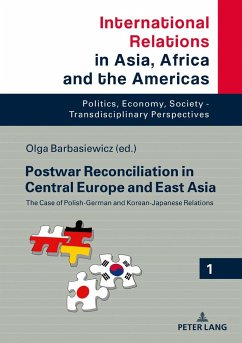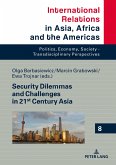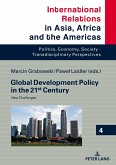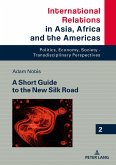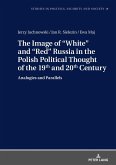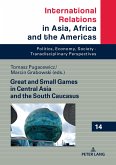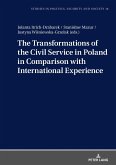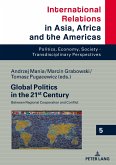The Cold War in Europe and Asia has lastingly affected the postwar reconciliation processes: Korea and Germany remained divided into two countries, Japan evolved into the closest ally of its past enemy, and Poland, which was among the Allies of World War II, was left under the influence of the Soviet Union. In view of their complicated postwar history, these countries can serve as examples for comparison of the postwar reconciliation processes. This book addresses the case of Central Europe and East Asia - regions which suffered from war atrocities and still have to cope with their war experiences. The aim is to identify tools to implement a strategy of rapprochement between past enemies who need to find solutions for their coexistence in the contemporary world.
Bitte wählen Sie Ihr Anliegen aus.
Rechnungen
Retourenschein anfordern
Bestellstatus
Storno

